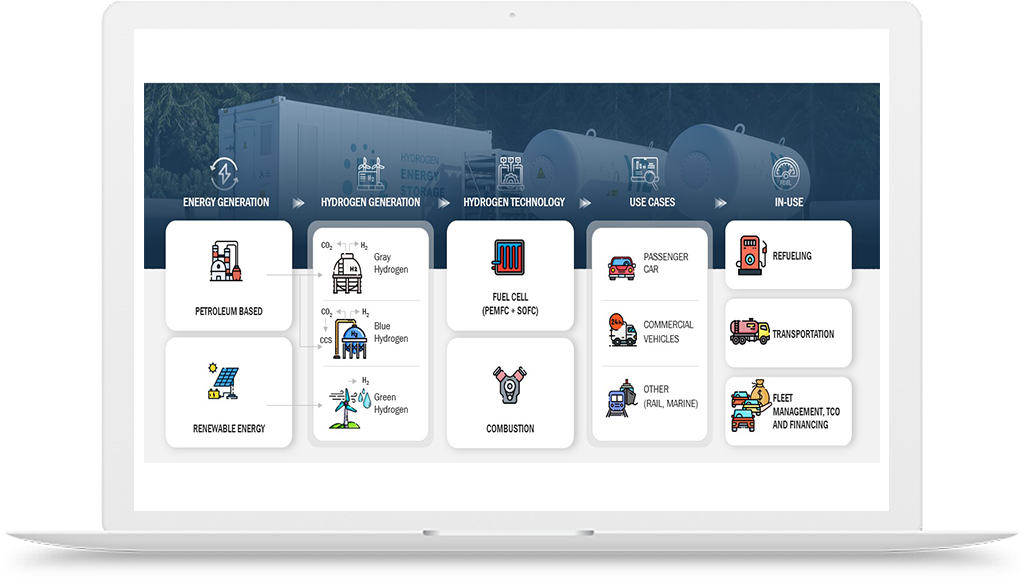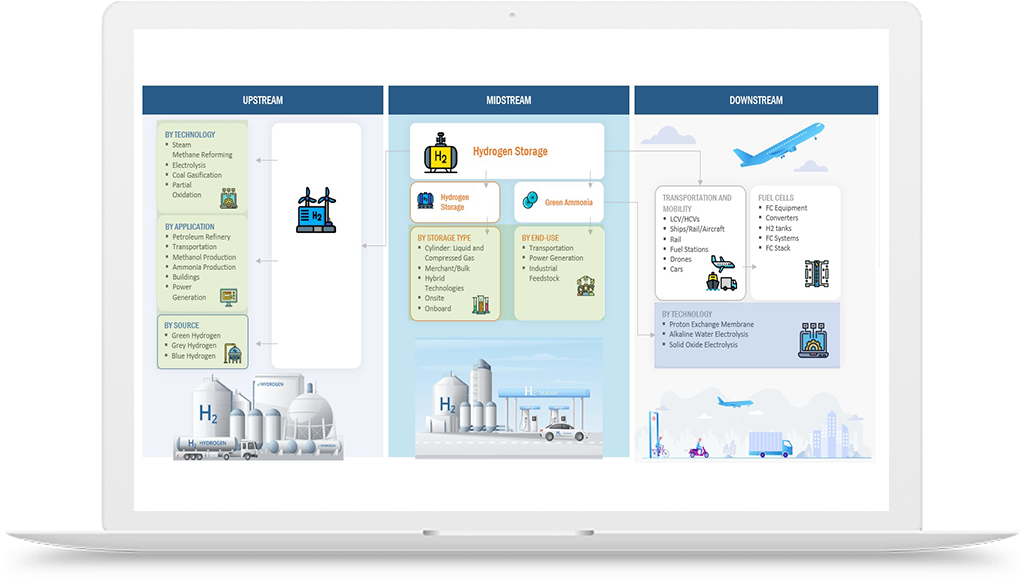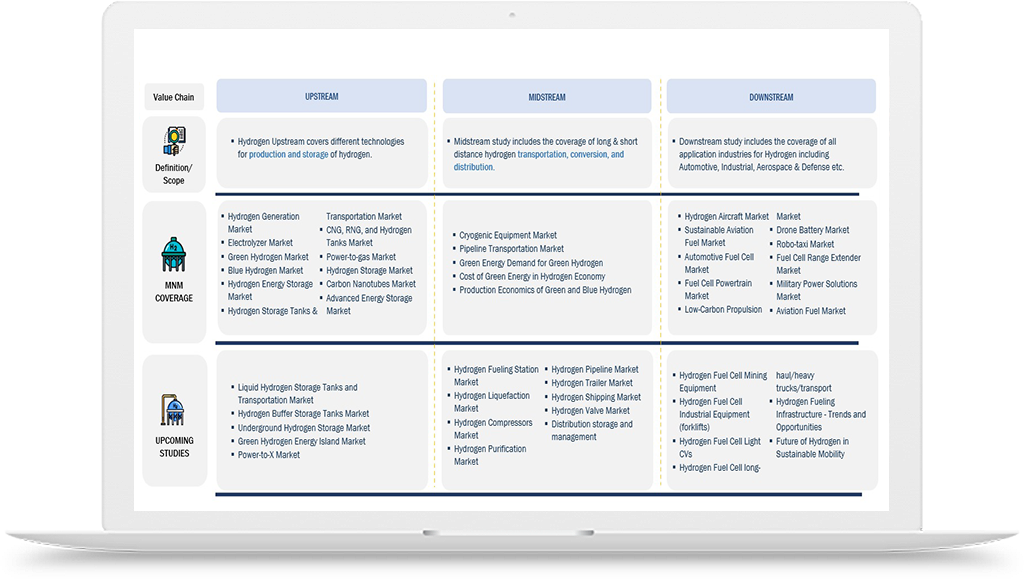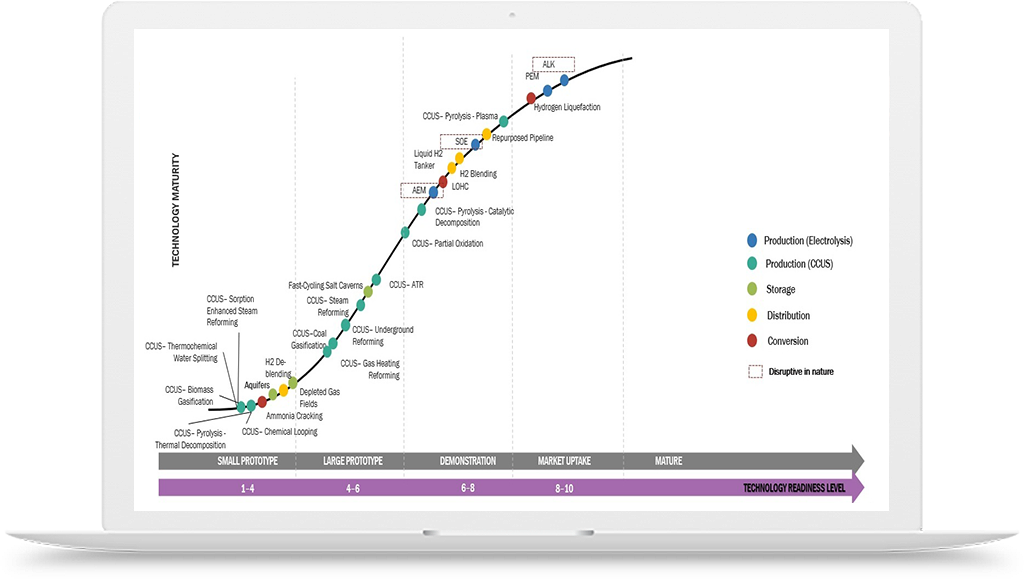Hydrogen Application in Mobility Industry
Hydrogen is being increasingly adopted in the mobility industry as a zero-emission fuel source for various applications, including cars, buses, trucks, trains, and even ships and airplanes. Hydrogen fuel cell vehicles are one of the most promising applications of hydrogen in the mobility industry.
Fuel cell vehicles (FCVs) use hydrogen and oxygen to generate electricity, which powers an electric motor to propel the vehicle. The only byproduct of this process is water vapor, making it a completely zero-emission technology. FCVs have a longer driving range and shorter refueling time compared to battery electric vehicles (BEVs), making them ideal for long-haul transport and heavy-duty applications.
Hydrogen fuel cell buses are also gaining traction in the mobility industry. Several cities around the world have already deployed hydrogen fuel cell buses as part of their public transport fleet. Hydrogen buses have a longer range and shorter refueling time than battery electric buses, making them a viable option for public transport systems.
Hydrogen is also being explored as a fuel source for trains. In Germany, hydrogen fuel cell trains have already entered commercial service, and other countries, such as the UK and the Netherlands, are also exploring the use of hydrogen trains for their rail networks.
In the aviation industry, hydrogen is being considered as a potential fuel source for zero-emission aircraft. Several companies are currently developing hydrogen fuel cell aircraft prototypes, and the technology is expected to mature in the coming years.
In addition to transportation, hydrogen is also being used in the mobility industry for other applications, such as mobile power generation and material handling equipment. Hydrogen fuel cells can be used to power portable generators, providing a reliable and clean source of power for outdoor events or remote locations. Material handling equipment, such as forklifts and pallet jacks, can also be powered by hydrogen fuel cells, providing a cleaner and more efficient alternative to traditional battery-powered equipment.
Frequently Asked Questions (FAQ):
How is hydrogen used in mobility?
Hydrogen is used in mobility through fuel cell vehicles, where hydrogen gas is converted into electricity to power an electric motor, providing zero-emission transportation. Hydrogen can also be used in internal combustion engines, but fuel cell vehicles are the primary focus for achieving clean and sustainable mobility.
What is hydrogen mobility project?
A hydrogen mobility project refers to initiatives and efforts aimed at promoting the use of hydrogen as a fuel for transportation. These projects typically involve the deployment of hydrogen fuel cell vehicles, establishment of refueling infrastructure, and collaboration between stakeholders to advance the adoption of hydrogen mobility as a sustainable transportation solution.
What is the role of clean hydrogen for a sustainable mobility?
Clean hydrogen plays a vital role in sustainable mobility by offering a zero-emission alternative to conventional fossil fuel-powered vehicles. It enables long-range driving, shorter refueling times compared to electric vehicles, and contributes to reducing greenhouse gas emissions and improving air quality when produced from renewable sources.
What are some limitations issues of hydrogen fuel cell vehicles?
Some limitations and issues of hydrogen fuel cell vehicles include the high cost of production and infrastructure development, limited availability of hydrogen refueling stations, challenges in hydrogen storage and distribution, and the overall efficiency of the hydrogen production process. Additionally, concerns regarding the sourcing of hydrogen and its potential environmental impacts need to be addressed.
















